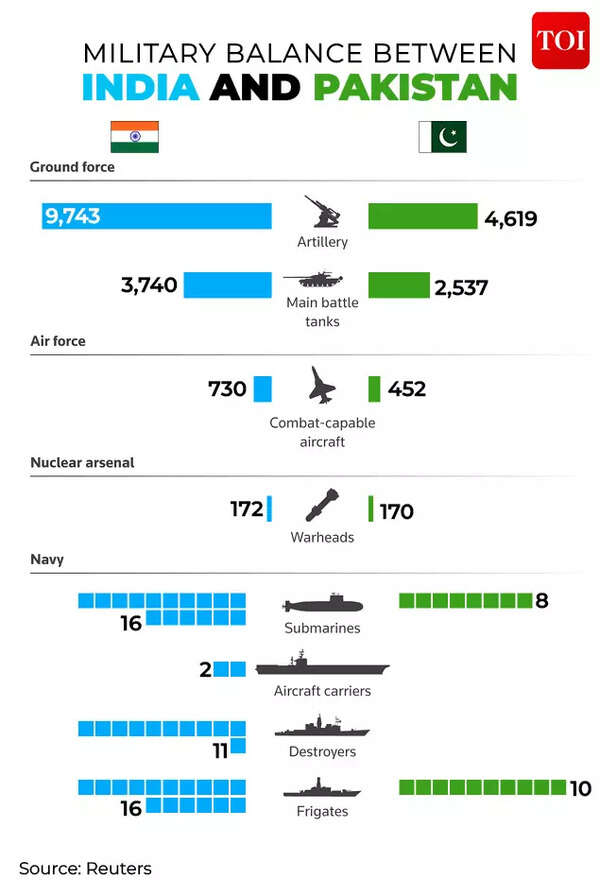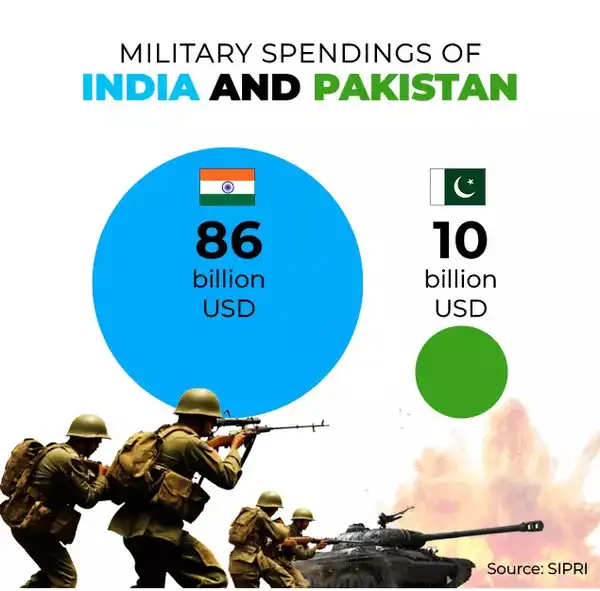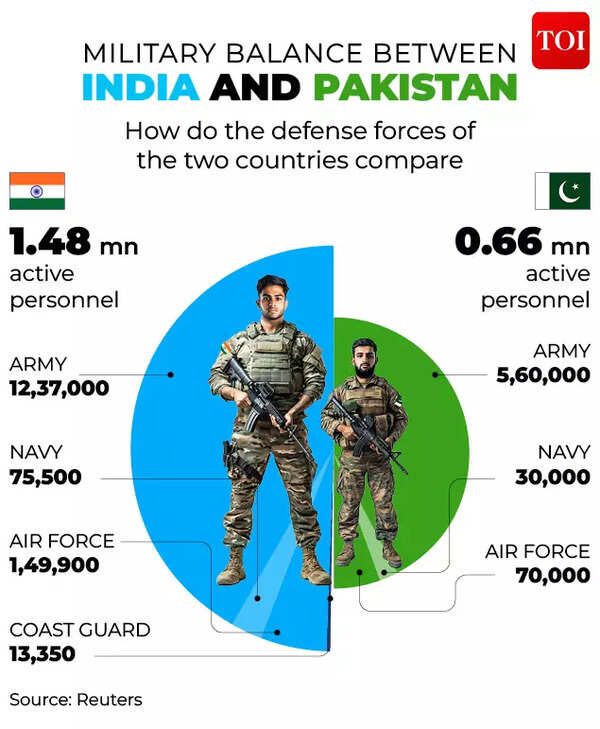Pahgam Fallout: Why Xi Jinping cannot come to the rescue of ‘Israel of China’

It is said that it is “more than the Himalayas and is darker than the seas.” They also claim to be “All-Vedar Friends”. Former PLA’s former Intelligence Chief General Zong Guangkai allegedly called Pakistan “Israel” during a meeting with his American counterparts.
But separate adjectives, President Xi Jinping will go to help Pakistan, if India opposes the Kinetic military reaction to avenge the Pahalgam terror attack? Will Xi be ready to do the forces or will only be limited to issuing diplomatic statements?
News driving
In view of the Pahalgam terror attack, China has supported Pakistan, supporting Islamabad’s “legitimate security concerns”, “fair” has been asked to investigate.
The comments of Chinese Foreign Minister Wang Yi reveal the cautious currency of Beijing: “The struggle is not in the basic interests of India or Pakistan,” he told Pakistan’s Deputy PM Ishaq Dar, calling the two sides for “exercise restraint”.
in parallel, China and Pakistan Worked behind closed doors to condemn the Pahalgam attack of the United Nations Security Council. Unlike the strong Pulwama’s statement in 2019, the UNSC statement after the Pahalgam avoided India’s direct support.
But in a deep sight, a sharp border suggests how President Xi can be ready to go to Jinping – highlighting a difficult truth: Pakistan, famously called “Israel of China”, cannot rely on Beijing for unconditional support.
Munir’s (MIS) Count?
- Pakistan Army Chief General
Asim Munir Whose past involves overseeing ISI operations during the 2019 Pulwama attack, it is probably believed that the growth related to Kashmir can serve as a distraction and unilateral. - For Munir, the initiative attack may look cleverly smart. The domestic reference is serious: a tanking economy, a gel -former Prime Minister, and deeply hostile population for the military’s political overlapping.
- Munir must have also calculated that international mobility has moved to Pakistan’s favor. The world is consumed by Gaza, Ukraine and Taiwan. America is distracted by Trump Nakhare. Gulf states are also recurring. Then China is: Islamabad can always rely on Beijing so that it can be thrown out of difficult situations.
Zoom in: Taliban handled, CPEC Unveiled
Pakistan’s strategic value for China rests on three columns: access to Afghanistan, China-Pakistan Economic Corridor (CPEC) and infrastructure benefits through India’s military control.
All three have become weak.
- First, the Taliban. China has now made a direct connection with the Afghan rule bypassing Islamabad. Pakistan is no longer needed to manage Kabul.
- Second, CPEC. Once the Crown Jewel of Belt and Road Initiative is marketed, now it is seen within the Chinese policy -making circles as an expensive liability. Gwadar Port-A underdeveloped Dubai-Rimens by undeveloped, rebellion, local outrage and unpaid contractors. A project to show China’s global ambition now now reflects its boundaries.
- Third, military leverage. Pakistan’s utility remains in bottling of Indian strategic bandwidth, but the cost of connecting with a rapidly unstable, military regime-where the relationship of jihadi is bleeding in state structures-what is increasing.
- Beijing may be the most afraid that Indian is not vengeance. This is a spillover. Especially in Shinjiang, where Islamists have spent decades in crushing extremism. The Taliban of Pakistan’s security system is a red flag, not a rally.
Ghosts of 1971: Original abandonment
Pakistan has faith in Chinese military support for decades – often more myths than reality. Bangladesh was built during the 1971 Indo-Pak war, with Islamabad in vain for a Chinese military intervention. It never came.
According to Andrew Small’s China-Pakistan Axis, a don editorial published in 1972 offered a post-mortem: “Did we not assume that we would get unlimited Chinese support regardless of our objectives and conduct, the country can be saved from insults and defeat.”
The pattern has not changed much since. Beijing provides diplomatic covers, economic lenses and strategic coordination-but not kinetic intervention. Not then, maybe not now.
Military comparison
Since the attack, terrorist India and Pakistan The disputed line (LOC) has exchanged sporadic bullets, and has deteriorated rapidly in diplomatic relations, which has increased the possibility of widespread conflict between nuclear-cosmetics neighbors.

Military imbalances between India and Pakistan are outside Pakistan with traditional forces and defense budgets of India.


This inequality has pushed Pakistan to rely more on asymmetric strategies, including its nuclear preventive, to offset India’s superiority.
between the lines
China’s reluctant cold lies in strategic mathematics:
- PLA volatility: Xi’s ongoing military purse China’s armed forces at the top have volatile. More than a dozen generals have been removed, including the heads of China’s nuclear and missile command,. PLA’s confidence in fighter readiness is the lowest in a decade.
- inner turmoil: Xi Jinping faces a delicate domestic scene – the People’s Liberation Army (PLA), struggling with an export recession, and the 2027 party is trying to ensure its political existence before the Congress.
- Business War Pressure: China’s economy is slowing down development and delicate consumer spirit, under a trade war with the US. The XI is careful to promote regional instability that can carry forward the markets.
- India matters more: Between Donald Trump’s tariff war, economic headwind and political churning, China wants to calm tension with India. After the deadly 2020 Ladakh Clash, Beijing has quietly disintegrated and D-Ssclate, recognizing India’s important role in its regional strategy.
- Taiwan vs South Asia: Beijing’s essential focus is Taiwan, South China Sea, and to strengthen the economic partnership in Southeast Asia. South Asia, despite its strategic importance, is now secondary.
Bottom line
India’s measured anger: India has already taken many measures, including suspension of the Indus Water Treaty. This is the first; This has never happened since signing the treaty. In a high-profile security meeting, PM Modi has given a cart to the security forces to determine his response according to his time, mode and selection place.
Pakistan’s gambling: Muni, already facing internal collapse, may have missed the global mood. If he was betting on China to mold Pakistan diplomatically after Pahgam, it could prove to be a strategic defect.
China’s Balance Act: Hopefully, Beijing continued oral support for Pakistan, while quietly urged restraint. For now, stabilizing relations with India and focusing on internal consolidation matters more to Xi than any romantic perception of brotherhood with Pakistan.
(With input from agencies)




